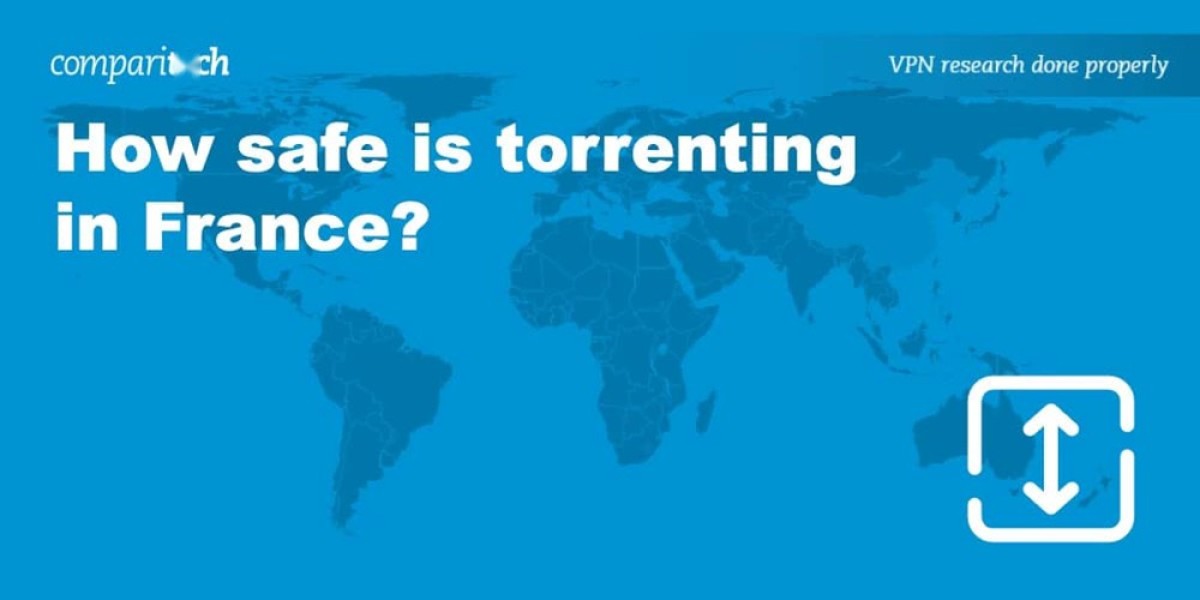Planning an outdoor event in the heat of summer or a warm climate presents a major challenge: keeping guests cool, safe, and comfortable. Whether you're organizing a wedding, corporate function, festival, or pop-up venue, an outdoor event air conditioner isn’t just a luxury—it’s a necessity.
This guide covers everything you need to know about outdoor event air conditioners, from how they work, when to use them, cost estimates, ideal unit types, and frequently asked questions.
? What Is an Outdoor Event Air Conditioner?
An outdoor event air conditioner is a portable climate control unit specifically designed to cool open-air spaces, temporary tents, marquees, or enclosed event structures. These units are engineered to operate efficiently in non-traditional indoor settings, often with limited power and high airflow needs.
? Why You Need Air Conditioning for Outdoor Events
Heat-related discomfort is the number one reason guests leave events early. Here’s why portable air conditioning is critical:
✅ Comfort
Reduces heat and humidity
Creates a welcoming atmosphere
Keeps food and drinks fresh
✅ Safety
Prevents heat exhaustion
Especially important for seniors and children
✅ Equipment Protection
Safeguards electronic devices like AV systems or lighting
Preserves decor, flowers, and sensitive materials
? Table: Outdoor Event Air Conditioner Types & Specifications
| Type | Best For | BTU Range | Coverage Area | Power Source |
|---|---|---|---|---|
| Spot Coolers | Targeted cooling (e.g., DJ) | 10,000–25,000 | 400–1,000 sq ft | Electric (110V–220V) |
| Tent Air Conditioners | Wedding tents, large crowds | 30,000–120,000 | 1,000–4,000 sq ft | Generator or power grid |
| Evaporative Coolers | Dry climates | 1,500–8,000 | 300–1,200 sq ft | Electric or solar |
| Split AC Units | VIP lounges, exhibitions | 24,000–60,000 | 500–2,000 sq ft | Power grid |
?️ Ideal Events That Need Outdoor Air Conditioning
Outdoor AC units are ideal for a wide range of events:
Weddings and Receptions
Corporate Launches
Music Festivals
Trade Shows
Outdoor Galas
Sporting Events
Film Sets
Temporary Emergency Shelters
If your event spans more than two hours and includes an enclosed or semi-enclosed space, portable AC is highly recommended.
? Choosing the Right Unit: Key Factors to Consider
Before renting or buying, evaluate the following:
? Venue Size and Layout
Use the BTU-to-square-foot rule (roughly 20 BTUs per sq ft). Tents, stages, and VIP areas may each need their own units.
? Climate and Humidity
In humid regions, avoid swamp coolers and opt for high-efficiency tent air conditioners. In dry zones, evaporative units are often sufficient and cost-effective.
? Number of Guests
More guests = more body heat. Add at least 10–20% extra BTU capacity when expecting large crowds.
? Noise Level
Check the decibel (dB) rating. For weddings or conferences, quieter models (below 65 dB) are preferred.
? Power Availability
Outdoor sites often lack stable electricity. Plan for diesel or gas generators if needed.
? Rental vs. Purchase: What’s More Cost-Effective?
For one-off events, renting is typically more budget-friendly. Here's a cost comparison:
| Unit Type | Average Rental (Per Day) | Average Purchase Cost |
|---|---|---|
| Spot Cooler | $100 – $300 | $1,000 – $2,500 |
| Tent Air Conditioner | $300 – $1,000 | $3,500 – $9,000 |
| Evaporative Cooler | $50 – $150 | $400 – $1,200 |
| Generator (if needed) | $100 – $500 | $2,000 – $8,000 |
?️ Installation Tips
Getting the most out of your air conditioner depends on proper placement and setup:
Seal the Space: Use flaps, sidewalls, or partitions to prevent cool air from escaping.
Elevate Units: Keep them off the ground to prevent debris clogging.
Allow Ventilation: Ensure warm air is vented out effectively.
Use Fans for Circulation: Helps distribute cool air evenly.
? Power Consumption & Load Planning
Know your total electrical load requirements in advance.
| AC Type | Voltage | Amps (Typical) | Notes |
|---|---|---|---|
| Small Spot Cooler | 110V | 7–15 A | Can use standard outlet |
| Large Tent AC | 220V | 20–40 A | May require a generator |
| Evap Cooler | 110V | 4–10 A | Energy-efficient |
Coordinate with your event planner or power technician to avoid tripping breakers or overloading circuits.
? Pro Tips from Event Professionals
Use white tents to reflect sunlight and lower cooling needs
Schedule AC installation 3–4 hours before guests arrive
Always have backup power on standby
Add floor fans inside tents for better air circulation
For luxury experiences, consider ducted split systems with hidden compressors
❓Frequently Asked Questions (FAQs)
Q1: Can I use an indoor air conditioner for outdoor events?
Not recommended. Indoor ACs lack the power, ventilation, and weather resistance needed for outdoor use. Use units specifically designed for events.
Q2: How many air conditioners do I need for my outdoor event?
This depends on:
Tent size
Number of guests
Outside temperature
As a general rule, one 30,000 BTU unit can cover about 1,000–1,200 sq ft in moderate climates. Use multiple units for larger setups.
Q3: How far in advance should I book outdoor air conditioning?
Peak seasons (spring to early fall) get booked 2–3 months in advance. Book early to secure equipment and avoid premium rates.
Q4: Are portable air conditioners safe for long events?
Yes, if properly maintained and fueled (for generator-powered models). Ensure regular ventilation checks, fuel refills, and temperature monitoring during extended events.
Q5: What’s the difference between evaporative coolers and traditional ACs?
Evaporative Coolers: Use water to cool air; work best in dry climates
Traditional ACs: Use refrigerants; effective in humid or varied climates
Q6: Will air conditioners work well in open-air venues?
Open-air spaces are harder to cool. However, spot coolers or misting fans can reduce the perceived temperature significantly. For best results, use canopies or partial enclosures.







